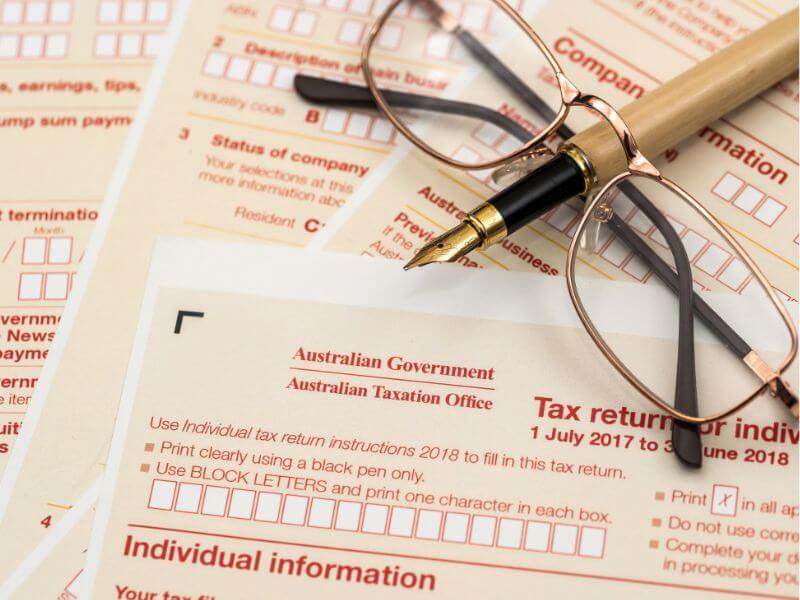When a loved one passes away, the role of an executor involves more than simply gathering assets and distributing the estate. One of the most common questions we receive from executors is:
“Do I need to lodge a tax return for the deceased?”
If the deceased was a pensioner, the answer isn’t always straightforward. Here’s what you need to know.
- Is a Final Tax Return Required?
As executor, your first responsibility is to assess whether the deceased person needs a “date of death tax return” — a final individual tax return covering the period from 1 July to the date of death.
A return is likely required if the deceased:
- Had taxable income above the tax-free threshold;
- Received income from investments, rental properties, or part-time work;
- Was drawing a superannuation pension (account-based income stream);
- Received assessable lump sum payments (such as leave entitlements or insurance proceeds);
- Made capital gains (e.g. from selling shares or property).
However, a return may not be required if the only income was the Age Pension and there were no other sources of taxable income.
- If No Return is Required
Even if a return is not required, the ATO still needs to be notified. As executor, you can lodge a Non-Lodgment Advice Form, confirming:
- The person has passed away; and
- No further individual returns will be lodged unless necessary.
This helps the ATO finalise their records and avoid any future compliance issues.
- Estate Income After Death
It’s important to separate the deceased’s personal tax obligations from those of the estate.
If the estate continues to earn income after the date of death — such as rental income, dividends, or interest — the executor may need to apply for a separate Tax File Number (TFN) for the estate and lodge a Trust Tax Return each year until administration is finalised.
- Practical Tips for Executors
- Notify the ATO of the person’s death (via phone or using the official notification form);
- Request the ATO’s Deceased Estate Data Pack to help determine whether a return is needed;
- Keep records of income, superannuation, and asset sales;
- Consult a qualified accountant or estate lawyer if unsure — especially where superannuation death benefits or CGT assets are involved.
Need Help?
At Ferraro & Singh Lawyers, we regularly assist executors with navigating the ATO requirements following a person’s death. If you are unsure whether a tax return is required or need help with any aspect of administering an estate, please don’t hesitate to get in touch.
Disclaimer: The information in this article is of a general nature and is provided for informational purposes only. It does not constitute legal, financial, or taxation advice and should not be relied upon as such. Every estate is different, and the tax obligations of a deceased person can vary depending on individual circumstances. Executors and beneficiaries should seek independent professional advice tailored to their specific situation from a lawyer, accountant, or tax adviser.





